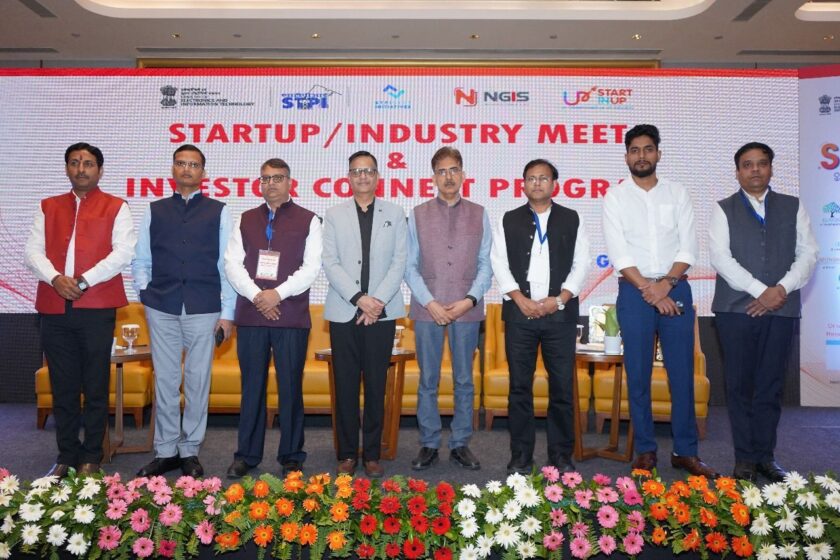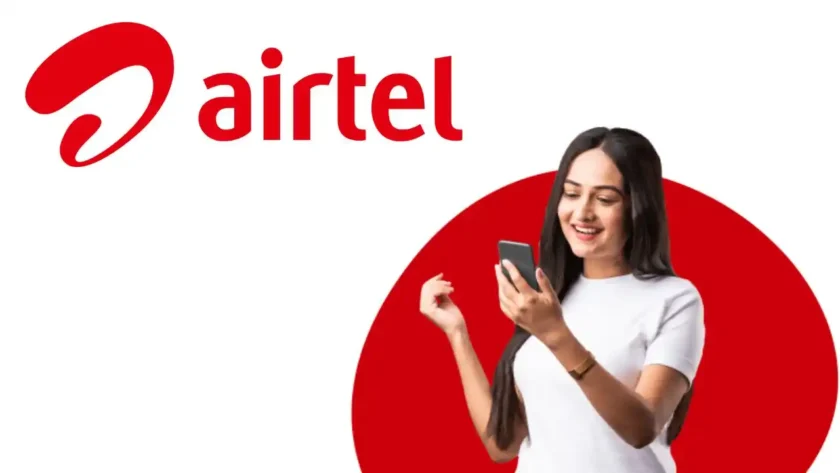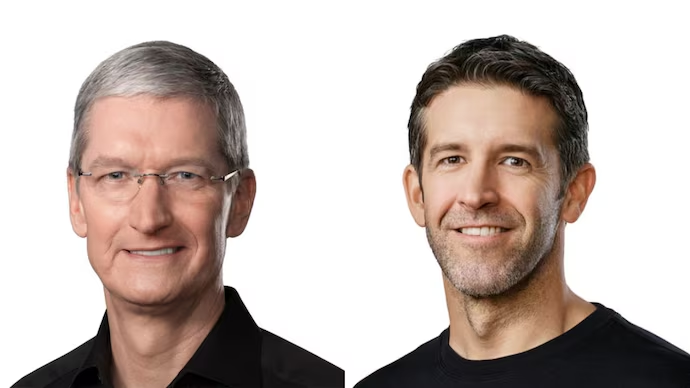Manoj Singh, ex ACS, UP Govt
New Delhi: The contemporary world is defined not by scarcity of information but by its saturation. The philosopher Jean Baudrillard warned that modern societies live in the age of simulacra — where signs and symbols circulate faster than reality itself, producing “hyperreality.” Similarly, Neil Postman in Amusing Ourselves to Death argued that information without context becomes entertainment rather than knowledge. Today, we encounter an exponential increase in data, signals, and noise, but a corresponding decline in meaning, coherence, and wisdom.
1. Information as Overflow, Not Illumination
In earlier times, access to knowledge was restricted; today, it is ubiquitous and overwhelming.
• Academic lens: Zygmunt Bauman’s idea of liquid modernity describes a world where identities and knowledge are fluid, fleeting, and constantly updated.
• Example: A student downloads dozens of PDFs, YouTube lectures, and online notes but fails to synthesize them into understanding.
• Analogy: Drinking from a firehose — water is abundant, but not drinkable.
2. The Social Media Paradox: Connection without Comprehension
Social media exemplifies Baudrillard’s hyperreality: a flood of signs detached from depth. Likes, shares, and hashtags simulate engagement but rarely foster understanding.
• Example: A viral protest video garners millions of views, but few explore historical or political roots.
• Analogy: Collecting seashells without ever diving into the ocean.
3. The Tyranny of Speed: Postman’s Warning
Neil Postman noted that the age of television had turned serious issues into fragments of entertainment. In the digital age, this has accelerated: the race is not to be accurate but to be first.
• Example: News breaks on Twitter before verification, producing confusion.
• Analogy: Watching a movie trailer and believing one knows the entire story.
4. Consumer Abundance and the “Paradox of Choice”
Psychologist Barry Schwartz highlights how too much choice reduces satisfaction. In cultural geography terms, abundance fragments identity.
• Example: Online shopping offers 500 types of sneakers; the act of choosing overwhelms rather than liberates.
• Analogy: Standing at a buffet so large you no longer know what you’re hungry for.
5. Big Data, Little Wisdom
Contemporary governance celebrates “data-driven decisions.” Yet, Michel Foucault reminds us that information is not neutral: it is bound up with power/knowledge.
• Example: Air quality monitors in cities generate numbers daily, yet meaningful environmental reforms are delayed.
• Analogy: Counting stars but forgetting to ask about constellations.
6. Communication Without Communion

Sherry Turkle, in Alone Together, shows how digital communication produces constant contact but weakens intimacy.
• Example: Emojis replace letters; conversations are reduced to reactive exchanges.
• Analogy: Fast food fills the belly, but slow cooking nourishes the soul.
7. Education and the Death of Meaning
Paulo Freire’s Pedagogy of the Oppressed critiques “banking education” — the mere deposit of facts without critical reflection.
• Example: Students memorize exam notes but rarely ask how knowledge connects to justice or society.
• Analogy: Learning to recite musical notes without ever hearing the symphony.
8. Entertainment and the Netflix Dilemma
Platforms like Netflix epitomize Postman’s warning: the abundance of shows transforms entertainment into choice fatigue.
• Example: A person spends more time scrolling through options than watching.
• Analogy: Owning a massive library but rereading the same comic book.
9. Politics of Information and Manufactured Confusion
Baudrillard and Noam Chomsky converge here: information can obscure as much as it reveals. Bombardment of contradictory data produces epistemic fatigue.
• Example: During elections, misinformation and counter-misinformation erode trust in any version of truth.
• Analogy: Too many compasses pointing in different directions — one gives up on navigation altogether.
10. From Information to Meaning: A Way Forward
Meaning is not in the quantity of data but in our ability to interpret, contextualize, and reflect. As Viktor Frankl argued in Man’s Search for Meaning, humans do not merely seek information but purpose.
• This requires:
• Critical literacy: distinguishing between knowledge and noise.
• Slow media practices: reading in depth rather than scrolling endlessly.
• Contextual thinking: linking facts to narratives, values, and ethics.
The paradox of our age is clear: information multiplies, meaning evaporates. From Baudrillard’s hyperreality to Postman’s critique of media, from Bauman’s liquid identities to Freire’s pedagogy, the warning is consistent: unless we filter, interpret, and humanize information, we risk drowning in abundance and starving for wisdom.
We live in an age of more signals, fewer stories; more data, less direction; more information, less meaning. The task of our time is not to know more, but to know better.










